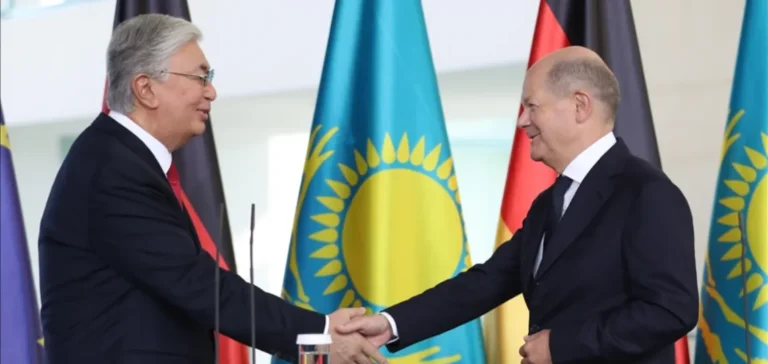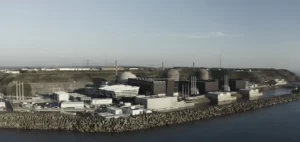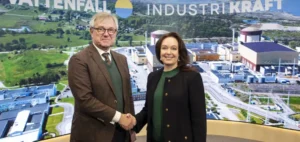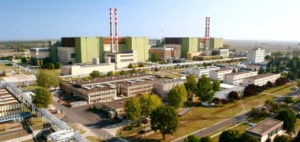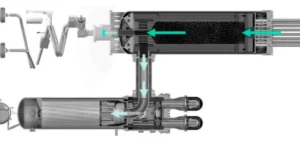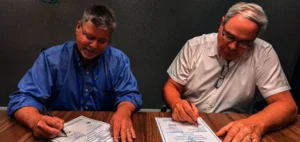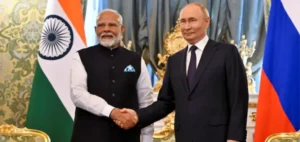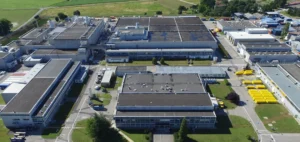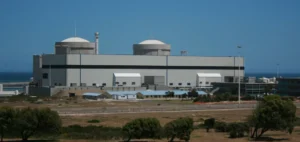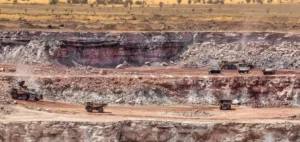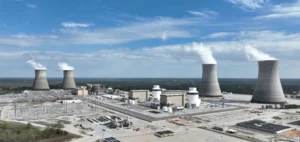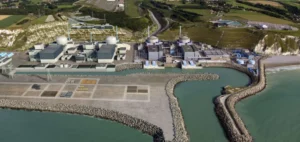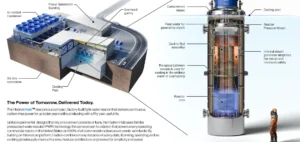Kazakh authorities have concluded a memorandum of understanding with German company Nukem Technologies Engineering Services GmbH to develop competencies in the nuclear sector, particularly in decommissioning and radioactive waste treatment. The agreement was signed in Astana on September 9 by Nukem President Thomas Seipolt and Gumar Sergazin, Deputy Chairman of Kazakhstan’s Atomic Energy Agency.
Towards integrated radioactive waste management
The agreement provides for the delivery of technical consulting services covering project optimisation, implementation of international safety practices, and alignment with global regulatory standards. It also aims to strengthen the capacity of Kazakh operators to manage the remediation of legacy nuclear sites, a central issue as the country seeks to structure its civilian nuclear sector.
This marks the first structured cooperation between Nukem and Kazakhstan’s nuclear institutions. Discussions focused on solid waste management, radioactive material containment, and the provision of specialised engineering services.
Developing the country’s nuclear infrastructure
Kazakhstan, the world’s leading uranium producer, shut down its only power reactor in 1999 but maintains technical expertise through three operational research reactors. The government has been preparing for the relaunch of its civilian nuclear programme for several years, with a target for nuclear power to contribute 5% of national electricity generation by 2035.
Authorities have officially selected the Zhambyl district in the Almaty region to host the first nuclear power plant. A consortium led by Russian firm Rosatom was appointed in June to lead the construction project. Advanced negotiations are also under way with China for the development of a second and potentially third power plant.
Cross-border nuclear cooperation
Since its acquisition by Japanese company Muroosystems Corporation in September last year, Nukem has strengthened its international presence in the civilian nuclear sector. This acquisition reflects a strategic intention to connect German technological expertise with Asian financing and networks. According to Nukem’s leadership, the alliance with Kazakhstan reflects a shared commitment between Germany, Japan and Kazakhstan to develop nuclear technologies in line with international safety standards.
Kazakhstan, rich in natural resources but facing growing energy demand, sees nuclear power as a way to diversify its energy mix and reduce dependence on fossil fuels. Nukem’s role in this strategy is now centred on supporting a critical segment: back-end nuclear cycle management.


